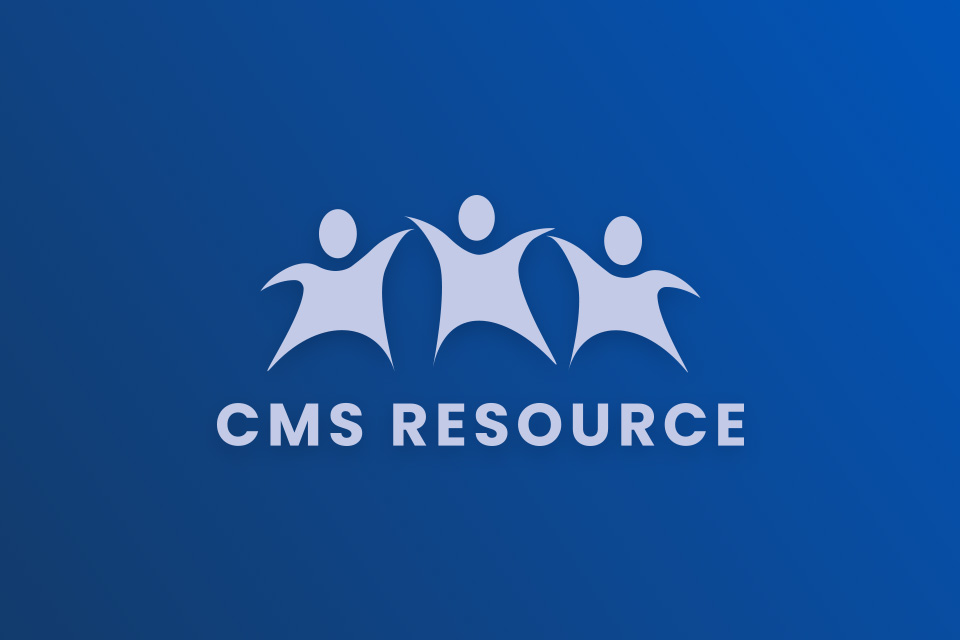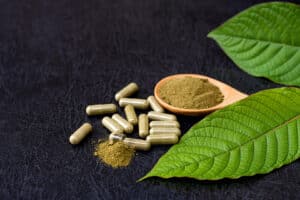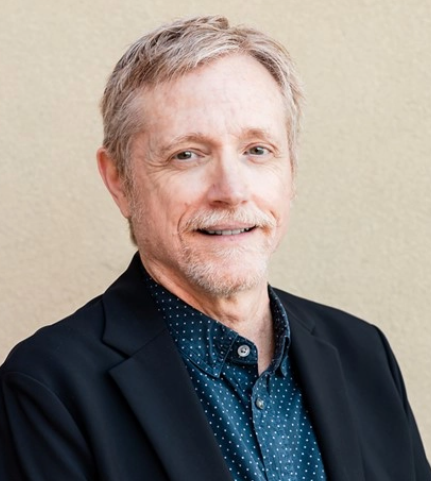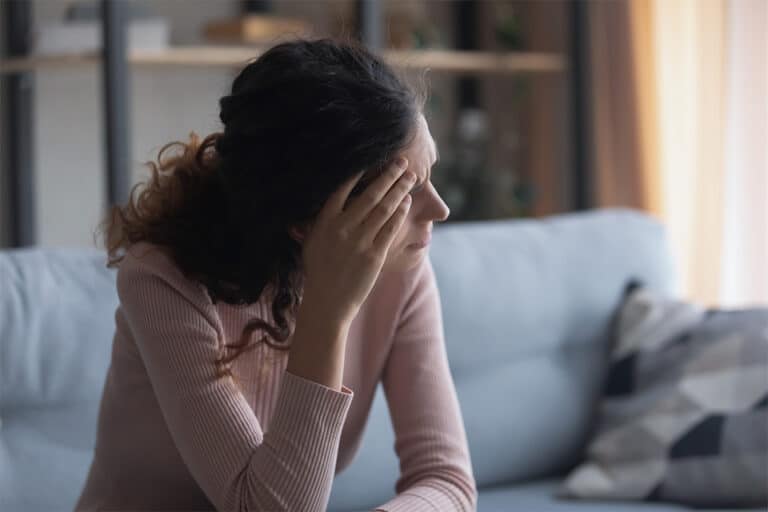World Mental Health Day is observed every year on October 10, providing a moment to pause, learn, and look out for one another. Mental health challenges touch families, workplaces, and communities. In 2020, 1 in 5 U.S. adults experienced a mental health condition, and in 2021, 19.4 million U.S. adults experienced a substance use disorder alongside mental illness.
There is a persistent myth that people with mental health issues can’t be helped, but the good news is, many individuals who work with a support system while receiving treatment were able to overcome their mental health challenges. This World Mental Health Day, let’s talk openly, reduce stigma, and support each other.
Why Mental Health Awareness Matters
Mental health is part of whole-person health, changing your mood, sleep, and stress in ways that can impact relationships, work performance, and physical well-being. Silence and stigma create barriers to support, keeping people from seeking help due to a fear of judgement or a lack of understanding from medical professionals. However, many conditions respond well to support and care, especially when people notice changes early and reach out for help.
Small actions can add up. Simple daily practices like connecting with others, managing stress, and asking for support can strengthen resilience over time. No matter what you’re facing, help is always available. If you or someone you know is struggling, you can call or text 988 for free, confidential support.
The 5 C’s of Mental Health
Mental health is a conscious, everyday effort, but there is a simple framework you can follow. You don’t have to master them all at once; start with one, make it a habit, and layer the others as you go.
1. Connection
Connection is the everyday practice of maintaining healthy relationships with people who care about you. Regular check-ins with family and friends, joining a peer group, or participating in a community activity can all create a sense of belonging. When stress spikes, connected people are more likely to ask for help, share what they are feeling, and get perspective. Over time, strong social ties act like a buffer against isolation and hopelessness. Prioritize at least one meaningful interaction each day; even a short call or quick walk with a friend counts!
2. Calm
Calm is not about never feeling stressed, but about having the tools to settle your body and mind when stress shows up. Simple practices like slow breathing, a brief stretch, a short walk outside, or a consistent sleep schedule signal safety to your nervous system and reduce reactivity. Building these practices into your day makes it easier to respond rather than react when challenges arise. Start small: two minutes of breathing between meetings can make a real difference.
3. Clarity
Clarity means understanding what you are feeling and why so you can choose the best next step. Journaling, mindfulness, or a few sessions with a mental health professional can help you name emotions, spot triggers, and separate facts from assumptions. With more clarity, decisions become more grounded and communication gets easier. Clarity also helps you track patterns over time, like how sleep, caffeine, or social media affect your mood. When in doubt, pause, label the feeling, and identify one helpful action.
4. Compassion
Compassion is extending kindness to yourself and others, especially when things are hard. Self-compassion reframes the inner critic (“I’m failing”) into a supportive voice (“This is tough, and I’m learning”). That shift reduces shame, which is a major barrier to seeking help. Outward compassion, like checking on a colleague, offering a ride to therapy, or simply listening, creates a culture where people feel safe to speak up. Compassion lowers stress, strengthens relationships, and makes recovery more sustainable.
5. Confidence
Confidence is the trust that you can meet challenges with the strength and support you have. It grows from small wins: setting micro-goals, learning a new skill, showing up to an appointment, or following a care plan for a week. Each step reinforces the belief that progress is possible, even when setbacks happen. Confidence also expands when you borrow strength from others: a therapist, a support group, or a trusted mentor. Track your wins, however small, and celebrate effort instead of perfection.
How Mental Health and Substance Use Disorder Are Connected
Mental health challenges and substance use disorder often occur together and can influence each other in both directions. Some people turn to alcohol or drugs to cope with anxiety, depression, trauma, or stress. In the short term, substances may numb difficult feelings, but over time they can worsen mood, disrupt sleep, and increase isolation, creating a cycle that’s hard to break. On the other hand, heavy or frequent substance use can change brain chemistry in ways that raise the risk of developing a mental health condition or intensify existing symptoms.
Shared risk factors like genetics, early life stress, chronic pain, and limited social support help explain why the two frequently overlap. Because symptoms can look similar, it’s easy to miss what is the driving factor. That’s why screening for both mental health conditions and SUD is so important. An integrated approach to care works best: coordinated support that may include therapy, medication, recovery coaching, peer groups, and practical help with housing, employment, or transportation.
Get the Support You Need at Community Medical Services
At Community Medical Services, we provide a judgement-free environment for people to access mental health and opioid use disorder support. We take a holistic approach to recovery, providing tailored counseling and peer support services alongside evidence-based medication treatment. Whether through community programs or individualized treatment, we’re here to help you find a path forward.
If you need support, we’re only a call or click away. Start your treatment journey by calling us at (855) 203-6352 or contacting us online today.
Access free, 24/7 support by calling or texting the 988 lifeline.













